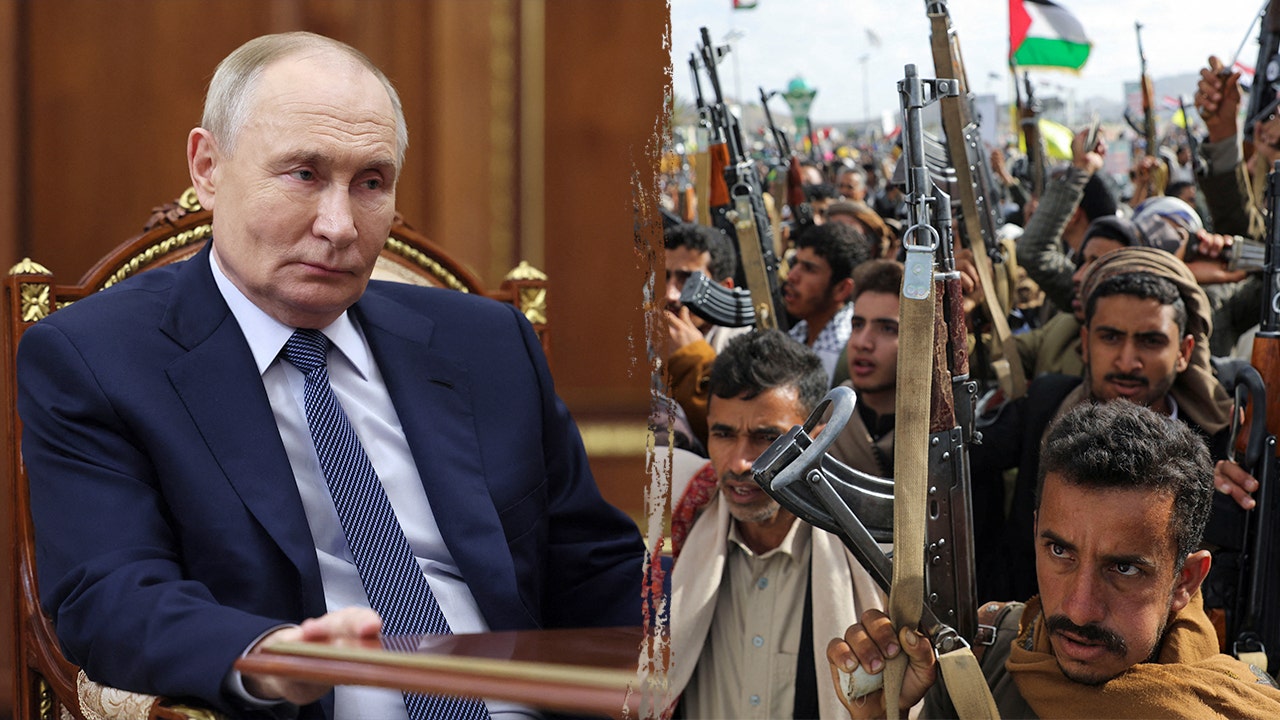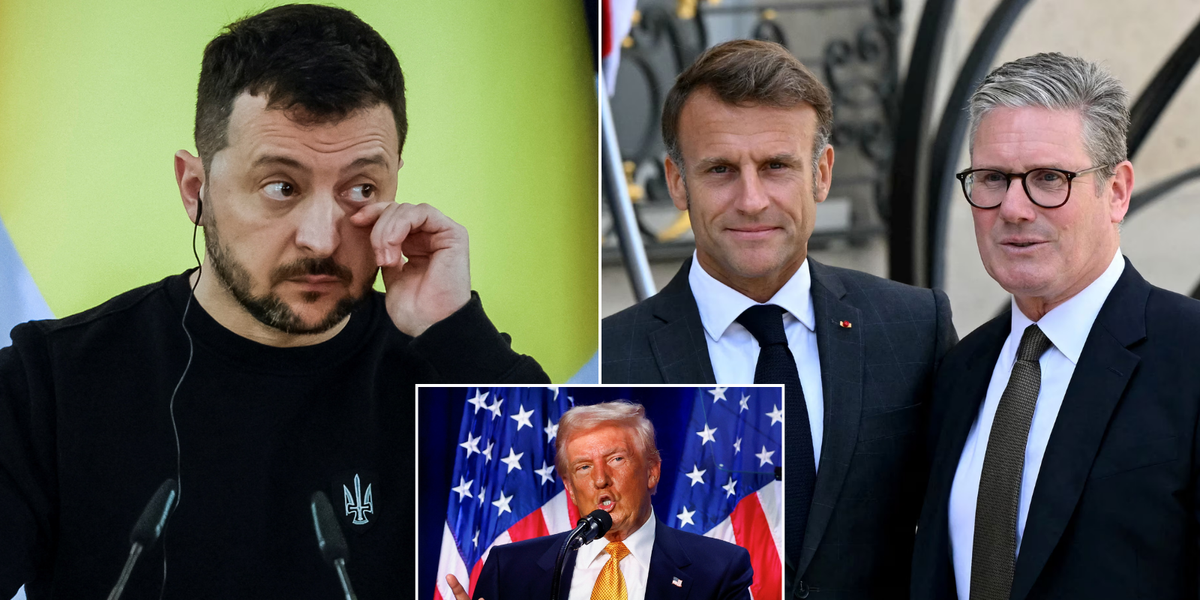Romanians have voted in the first round of a presidential election on Sunday.
The frontrunners for the largely ceremonial role going into Sunday's vote had been Prime Minister Marcel Ciolacu, of the Social Democratic Party (PSD), and George Simion of the far-right nationalist Alliance for the Union of Romanians.
Exit polls showed Ciolacu with 25 percent of the vote while the centre-right former journalist turned small-town mayor Elena Lasconi with 18 percent.
Calin Georgescu and Simion — the two hard-right candidates — were at 16% and 15% of the vote.
Thirteen candidates are running overall, with the top two to face off in a second-round vote on December 8.
Polls opened at 7 a.m. local time (0500 UTC) and closed at 9 p.m. Romanians abroad began casting ballots on Friday.
Romania, a member of the European Union and NATO, is holding parliamentary elections on December 1 to determine who will run the country.
Nationalists expect breakthrough
Observers expected the final vote to pit Simion against Ciolacu, whose PSD has dominated Romanian politics since the end of the Cold War.
Ciolacu is polling at 25%. He is hoping to win over voters with his pledge of ensuring "stability." Ciolacu's government has thrown its support behind neighboring Ukraine following the Russian invasion while Romania has taken on an increasingly important role within NATO.
Simion, on the other hand, opposes military aid to Ukraine, is an ardent fan of Donald Trump and wants to impose a system modeled on Giorgia Meloni's right-wing government in Italy. The far-right leader has come under fire for allegations that he met with Russian spies, a claim he has denied.
"I would like that, in the next five to 10 years, for Romanians to be really proud to be Romanians, to promote Romanian culture, Romanian products," he said in the capital, Bucharest.
AUR first entered parliament in 2020, jumping from a relatively obscure party to gaining 9% of the vote, mirroring the rise of far-right parties across Europe.
 Simion, who once called his party "Trumpist," said that as "a Romanian president, I will promote Romanian interests"Image: Robert Ghement/EPA-EFE
Simion, who once called his party "Trumpist," said that as "a Romanian president, I will promote Romanian interests"Image: Robert Ghement/EPA-EFERomania has a large diaspora across the European Union, which will likely play a pivotal role in this election.
Ciolacu told the AP news agency that as president his priority would be "to convince Romanians to stay or return home" to help rebuild the country.
Inflation and poverty
Other candidates vying for the top post include Elena Lasconi, of the economically liberal Save Romania Union party; former NATO Deputy Secretary-General Mircea Geoana, running as an independent; and Nicolae Ciuca, a former army general and leader of the center-right National Liberal Party, which governs in a coalition with the PSD, although the relations are strained.
Analysts predict that frustration about inflation and poverty could boost Simion's outsider appeal in a tight race.
"Romanian democracy is in danger for the first time since the fall of communism in 1989," the political analyst Cristian Pirvulescu told AFP.
Whoever wins the second round will replace the current president, Klaus Iohannis, a liberal who has been a firm supporter of Ukraine. He has held the role since 2014.
ss/ab (AP, Reuters)

 By Deutsche Welle (World News) | Created at 2024-11-24 19:50:53 | Updated at 2024-11-25 16:38:28
1 day ago
By Deutsche Welle (World News) | Created at 2024-11-24 19:50:53 | Updated at 2024-11-25 16:38:28
1 day ago








